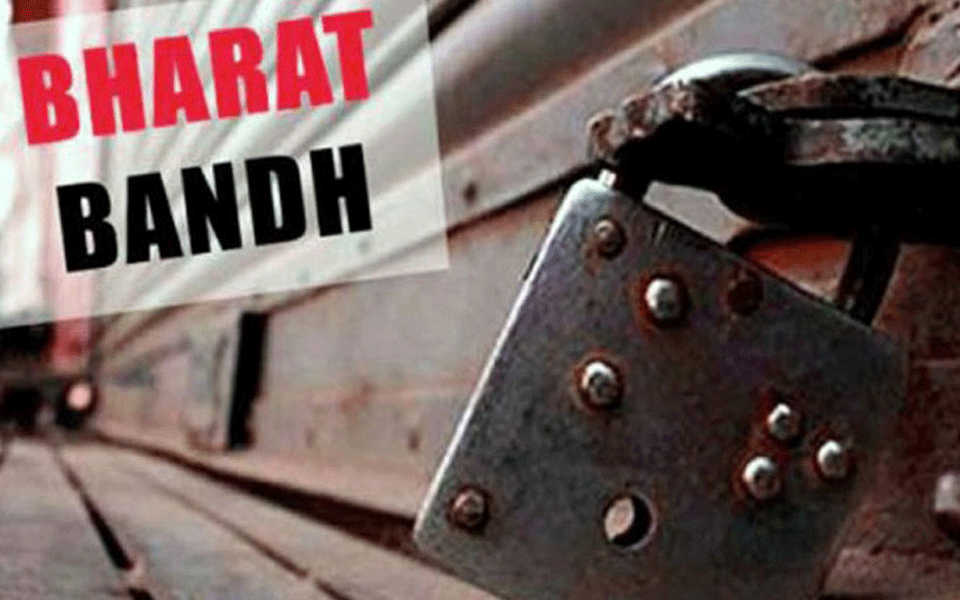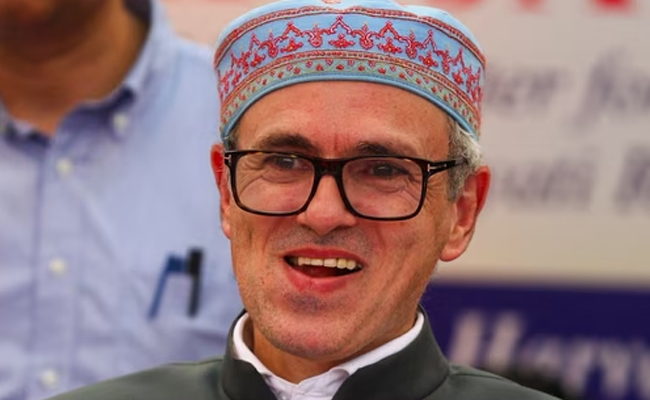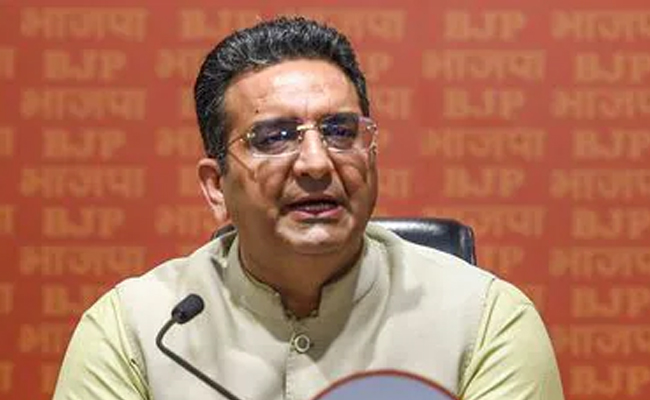-
Some organizations oppose bandh
Bengaluru, September 9: As the Bharat Bandh called by the Congress and other opposition parties across the country against fuel price hike received overwhelming support from all quarters, Karnataka state is likely to be motionless completely tomorrow.
Except BJP, majority of the political outfits including JDS, CPI, CPM and BSP, Pro-Kannada organizations, Labour organizations, Auto, Taxi, Tempo Drivers and Owners associations have extended their support to the bandh. But the hotel owners and their organisations opposed the bandh.
As the KSRTC and BMTC drivers and conductors associations have also extended their support to the bandh, KSRTC and BMTC buses might stay off the roads. There would not screening of movies in cinema theatres and malls across the state. As auto, tempo and taxi service will hit due to bandh, the people who go to other places during week-end might suffer.
But the Federation of the Lorry Owners and Drivers Associations has decided to be neutral on the bandh. However, Metro and North-West railway service will function as usual. But the authorities may take a decision based on the situation. All other services except hospitals, medical shops, milk, fruits and vegetables and emergency services will not affect from the bandh. There are chances of government offices and banks may shut their doors.
The Federation of Private Schools declared holiday to the schools supporting the bandh. Decision on declaring holiday for government schools and colleges was left to the discretionary power of respective DDPIs.
It is expected that as the fuel price rise affected the normal life to a great extent, the general public would support in the bandh voluntarily. As a precautionary measure, the police department has taken tight police security across the state. The Congress party, in all district centres, has conducted meetings with its alley JDS and other political parties for the success of the bandh. Former prime minister HD Deve Gowda declared that he would support the bandh. BSP has declared that it would take up protest differently. Labour organizations backed by the Left parties, Farmers organization and IT-BT companies have decided to participate in the bandh.
Shops to open additional one hour more
IN order to make the Bharat bandh a failure, the owners of some shops and hotels have decided to open their establishments for additional one hour more than usual timings. Regarding this, some photos are being circulated in the social media. They have put up boards on the issue in front of their shops and opposed the Bharat Bandh.
Notice if absent from service
Already, KSRTC and BMTC employees have declared that they would support the bandh. Meanwhile, the KSRTC Managing Director issued a circular saying that disciplinary action would be taken against those who restrain from the service on September 10 and their salary would be cut.
'Following the Bharat bandh condemning the fuel price hike, Deputy Commissioners have declared holiday for schools and colleges across Bengaluru city and Bengaluru Rural districts.'
Let the Truth be known. If you read VB and like VB, please be a VB Supporter and Help us deliver the Truth to one and all.
Srinagar (PTI): Jammu and Kashmir Chief Minister Omar Abdullah on Wednesday criticised his Bihar counterpart over the niqab incident and said that Nitish Kumar might be slowly revealing his true nature.
"Nitish Kumar, who was once considered a secular leader, may be slowly showing his true colours," Abdullah told reporters here on the sidelines of a function.
Abdullah said Kumar removing the face veil of a Muslim woman doctor was wrong and cannot be justified by any means.
"We have seen this kind of incident here several years ago. Have you forgotten how Mehbooba Mufti removed the burqa of a legitimate voter inside a polling station? That act was wrong, and this act (of Kumar) is also wrong.
"If the (Bihar) chief minister did not want to hand over the order to her (Muslim woman), they could have kept her aside. However, to humiliate her like this is totally wrong," the Jammu and Kashmir chief minister said.
Kumar stirred a huge controversy after he removed the face veil of a Muslim woman at a function earlier this week.





